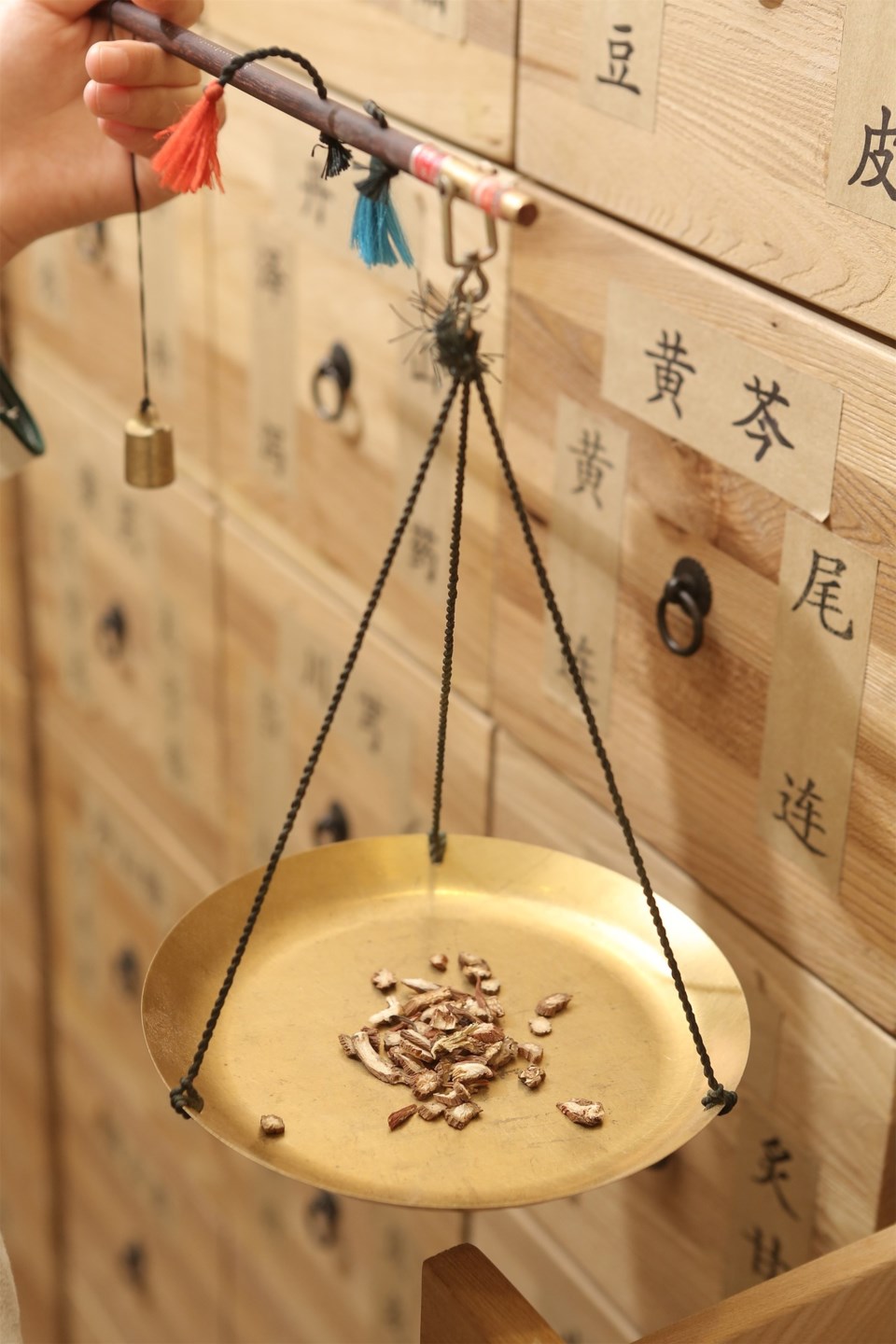“Coronavirus prevention tea” has been pulled from shelves at Richmond Chinese medicine stores to avoid causing “misunderstandings” for the public, according to a local herbal dispensary.
Richmond News reported earlier about several Chinese medicine stores selling herbal tea that could prevent anyone from contracting the deadly virus, according to a staff person at the store.
Local herbal dispensaries should be careful while labelling their products to avoid using words like “preventing or killing viruses,” according to John Yang, the Chair of the TCM program at Kwantlen Polytechnic University (KPU).
However, Yang also noted that Traditional Chinese Medicine (TCM) did play a significant role in treating COVID-19 patients in China -- in combination with Western medicine.
A spokesman from Gibo Health Food Ltd. on Ackroyd Road told the News on Wednesday that they’ve removed all related products from shelves to avoid causing any confusion for people.
According to Chan, these traditional herbal formulas are intended to strengthen people’s immune systems to help them “fight the virus,” just like many people take vitamin C to reduce the risk of catching a cold.
Customers come into the store with a prescription for a remedy, hoping their local dispensary has the ingredients to fill it, said Chan. They were particularly interested after Chinese health authorities encouraged the use of traditional medicine to treat COVID-19 patients.
In addition, a spokesperson of Yang Shen Health Food Ltd told the News that they never advertised or actively sold any coronavirus “prevention” products to customers. There were a few cases where patients, who were suspected of having the virus, reached out to them to get some herbal medicines to help them suppress the fever and make them feel better.
According to Yang, TCM might be little understood or dismissed by Western society due to its complicated terminologies and different concepts.
“Western medical doctors believe diseases are caused by micro-organism, while a TCM doctor believes illnesses are caused by an imbalance of yin and yang (two opposite yet complementary energies) in the body,” said Yang, adding that TCM aims to alter the living environment for the virus and improve the immunity of the patients.
However, Yang added that although it might take time for Western society to understand Chinese medicine, there are still positive signs that both sides are willing to learn from each other.
“It’s like comparing steam buns with bread; it’s pointless to debate which one is superior. Practitioners should look into how to learn and collaborate to help more people around the world as viruses have no boundary.”



